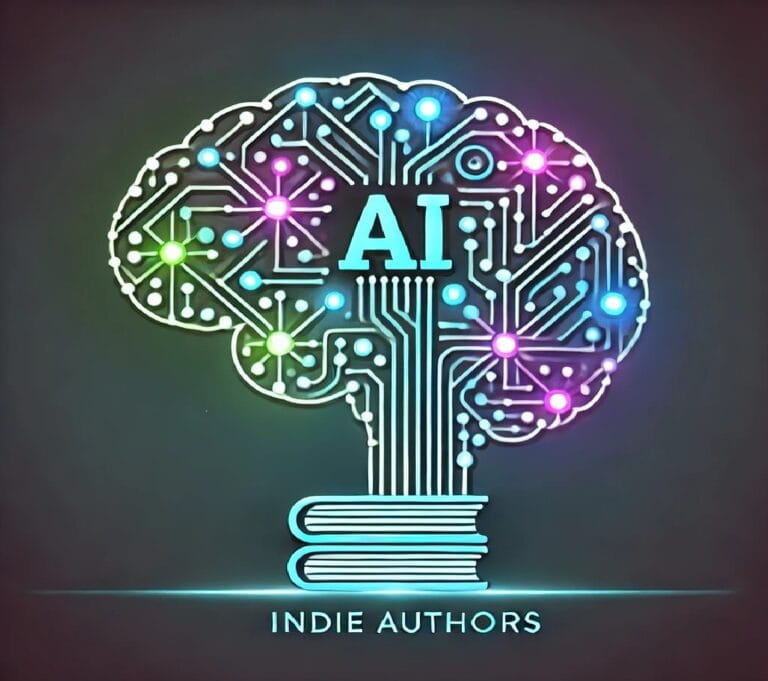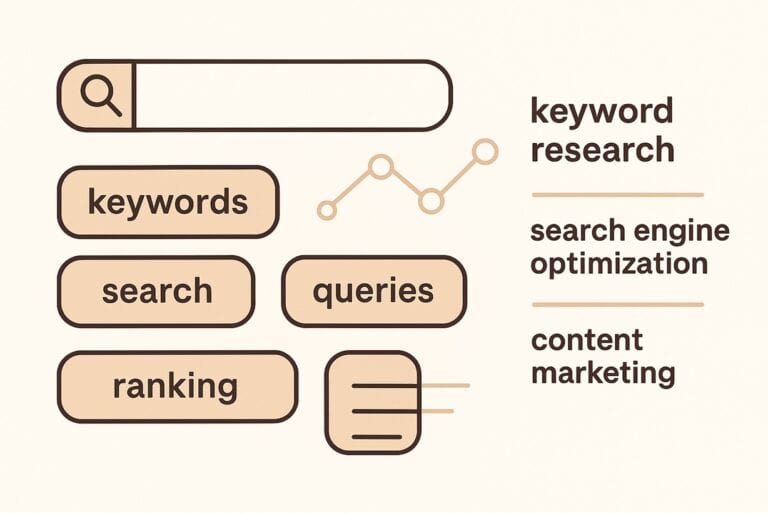Strategic Reading: 12 Tips to Unlock Your Creative Powers
“A reader lives a thousand lives…” – George R.R. Martin, from A Dance with Dragons
Have you ever stared at the blank page, feeling like the world is bursting with stories, yet none seem to land on yours? Or maybe you’ve wondered how to navigate the ever-changing landscape of publishing while staying true to your creative voice. You’re not alone. These challenges can feel overwhelming, especially for new indie authors trying to carve out their place in a crowded market.
But what if the key to unlocking your potential as a writer isn’t in writing more but reading differently? This is where we can take a page, literally and metaphorically, from the playbook of Marc Andreessen, a successful entrepreneur who turned to books during a confusing time to make sense of the world. By strategic reading, he gained clarity and direction. Imagine doing the same, not only to understand what’s happening around you but to fuel your creativity and thrive as a new indie author.
Why Strategic Reading Matters
When was the last time you read something that truly surprised you? Not a how-to guide or a bestseller in your genre, but a book so far outside your usual scope it changed the way you think? This transformative power of reading broadly can do more than expand your knowledge; it can revolutionize your storytelling.
Gain Fresh Perspectives
Picture this: you’re reading a history of ancient civilizations. You come across a story of a forgotten city that disappeared overnight. Suddenly, the gears in your mind start turning. Could this inspire a dystopian world for your novel? Or maybe it’s the spark for a metaphor in a poem you’re working on.
Strategic reading introduces you to worlds, ideas, and experiences you wouldn’t otherwise encounter. It’s like opening windows in a stuffy room. The fresh air of new perspectives sweeps in and invigorates your creativity.
Enhance Creativity
Have you ever noticed how some authors seem to craft stories with characters so rich and worlds so vivid they feel real? Chances are, those authors have filled their own mental libraries with diverse insights. Whether it’s psychology helping you understand a character’s motivations or sociology providing the backdrop for a compelling conflict, diverse reading fuels depth and nuance in your writing, empowering you to create imaginative and compelling stories.
Build Empathy and Connection
Strategic reading about different cultures, eras, or perspectives does more than inform. It builds empathy. When you truly understand someone else’s world, you can write characters and stories that resonate deeply with readers. For instance, reading a memoir about a person’s struggle with a rare disease can help you empathize with similar characters in your own stories. Isn’t this what we’re all striving for?
Applying Strategic Reading to Writing and Publishing
As indie authors, we’re more than storytellers. We’re also entrepreneurs. Reading strategically can help us hone our craft while staying sharp in an ever-evolving publishing landscape. For instance, if you’re struggling with character development, reading a book on psychology can provide insights. Or if you’re interested in self-publishing, reading a guidebook on the topic can give you a competitive edge.
Reading to Hone the Craft of Writing
Books like On Writing by Stephen King or The Anatomy of Story by John Truby aren’t only instructional. They’re revelations. They teach you the why and how of storytelling, guiding you through the maze of character arcs, narrative tension, and emotional resonance. And if you’re feeling stuck, these books can be the light at the end of the creative tunnel.
Reading for Market Insight
Publishing trends shift faster than the seasons, and staying informed is crucial. Books on the business of writing, such as Joanna Penn’s works on self-publishing, can help you understand reader preferences, market strategies, and the role of AI in shaping the future of storytelling.
Staying Informed About Technology and AI
Think of AI as a toolbox. The more you know about its capabilities, the better you can use it to enhance your creativity, streamline your processes, and reach your audience. Dive into books or articles on emerging tech to stay ahead of the curve. Who knows? Your next marketing breakthrough might come from an AI you hadn’t considered before. This proactive approach will keep you prepared and forward-thinking in the ever-evolving publishing landscape.
Emulating Marc Andreessen’s Approach
Marc Andreessen didn’t pick up random books. He read with purpose. Here’s how you can adopt a similar mindset.
Define Key Questions or Challenges
Start by asking yourself, “What do I need to understand better?” Whether it’s plot development, effective marketing, or simply connecting with readers, let these questions guide your reading choices.
Seek Foundational and Influential Works
Look for books to provide lasting insights. For example, if you’re exploring human behavior, consider Thinking, Fast and Slow by Daniel Kahneman or The Power of Habit by Charles Duhigg. These are tools for understanding the world.
Explore Contrarian or Unorthodox Perspectives
Challenging the status quo often leads to breakthroughs. Maybe a book on minimalism inspires you to strip your prose to its most essential and impactful form. Or a work on game theory helps you design a plot full of unexpected twists. Be open to the unexpected.
Leverage Recommendations
Talk to your writer friends, mentors, or online communities. What books have shaped their journeys? You might uncover hidden gems that revolutionize your thinking.
Practical Steps for Indie Authors
Inspired? Here’s how to make strategic reading a habit.
- Build a Strategic Reading List
Balance creativity-sparking books with those teaching practical skills. - Stay Interdisciplinary
Don’t limit yourself. Read history, science, philosophy, and children’s literature. Inspiration can come from anywhere. - Engage Actively with What You Read
Keep a journal of insights, ideas, and quotes. Note how you can apply them to your writing or marketing.
The path to becoming a successful indie author is more than writing. It’s also about reading. By broadening your horizons and reading with intention, you’re gathering information and equipping yourself to tell stories that matter and confidently navigate the publishing world.
So, what will you read next? Start building your reading list today, and remember: every book you open is a doorway to new possibilities. Let’s step through together.
We hope you’ve found the strategies in this writer’s guide useful and motivating. We hope they’ll equip you with the insights and tools needed to help you succeed as a new author.
For more help, see AI Empowers New Indie Authors: 5 Best Hacks. You might also like Outcome-Based Management: 7 Steps to Writing Success.
Writing is a path of continuous learning and improvement. You don’t have to go it alone. We’re excited to continue the journey with you, providing guidance and encouragement every step of the way. Our goal is to provide basic insights and practical advice to help you navigate the writing world with increased confidence.
If you have a draft you want to publish, and wonder how AI can help, read, Is Your Book Ready to Self-Publish? Lastly, for help writing a non-fiction book, read Write Your First Non-Fiction eBook: a 30-Day Workbook for Getting It Done.
Don’t wait. Start today!
How can we help? To let us know, please fill out our Contact form. Happy writing!
Frequently Asked Questions
To deepen your understanding and address any lingering questions about how to incorporate strategic reading into your journey as an indie author, here are answers to some frequently asked questions.
How do I find time to read when I’m busy writing and managing my publishing tasks?
Start by setting aside just 15–20 minutes a day for reading, perhaps during your morning coffee or before bed. Audiobooks can also be a lifesaver, allowing you to “read” while commuting, exercising, or doing chores.
What if I don’t enjoy reading outside my genre?
It’s normal to feel hesitant about stepping outside your comfort zone. Start small by choosing books that blend elements of your favorite genre with new perspectives. For example, if you write romance, try reading historical fiction or psychology books that explore relationships.
Can reading improve my marketing and publishing skills?
Absolutely! Books on marketing, self-publishing, or even biographies of successful authors can provide actionable insights and inspiration. Look for practical guides with examples and case studies tailored to indie authors.
How do I know if a book is worth my time?
Check reviews from trusted sources, read summaries, or ask for recommendations in writer communities. Focus on books that align with your goals, whether it’s enhancing your storytelling, mastering marketing, or understanding emerging technologies like AI.
How can I stay consistent with strategic reading?
Create a reading list and treat it like a roadmap for your personal and professional growth. Pair this with habits like keeping a reading journal or joining a book club for accountability and fresh discussions.


